A union representing University of Minnesota healthcare, clerical and technical workers went into bargaining with the University on Nov. 1, hoping to raise wages and create a more equitable working environment.
The American Federation of State, County and Municipal Employees (AFSCME) Local 3800 has been picketing at the University, demanding a three dollar an hour wage increase among other contract changes. Members held a Halloween picket on Oct. 31 in front of Morrill Hall to call out the “web of lies” they say the University has spun over the months-long bargaining process.
“I think that unfortunately what we’ve seen over time is that the University doesn’t give people what they deserve; we have to demand it from them,” AFSCME administrative worker Rachel Katkar said.
At the Oct. 13 Board of Regents meeting, Katkar explained the union’s demands for their next contract:
- a wage increase that keeps up with inflation
- additional pay for workers who offer bilingual translation services
- commitment from the University that Juneteenth is made a holiday for staff
- a commitment to the right for Native American workers to take paid time off to vote in tribal elections
Teamsters Local 320, the University’s union for facility workers and custodial staff, voted to go on strike Oct. 24, but called it off after the University agreed to many of their demands, including raising their minimum wage to $20 per hour.
AFSCME and Teamsters have collaborated and supported each other throughout their bargaining processes, Katkar said. Seeing Teamsters succeed in their negotiations has given some AFSCME workers hope.
“We’re taking note,” Katkar said. “We support each other. We’ve attended some of their rallies and they’ve attended some of ours.”
Contract negotiations and bargaining
The University’s AFSCME contracts, which include the AFSCME Clerical and Office Contract union, AFSCME Health Care Contract and AFSCME Technical Contract, expired June 30.
Katkar said AFSCME and the University filed for mediation in September, which means there are concerns from either side that require bringing in a mediator.
“They couldn’t move forward on a lot of our requests even though it’s their job and that’s what they’re supposed to do,” Katkar said.
According to Katkar, the union saw significant advancement in the University’s proposals when bargaining sessions started again on Nov.1 and are hopeful negotiations will continue to progress.
Katkar said the University will send Vice President for Human Resources Ken Horstman and Labor Relations Director Mani Vang to the bargaining table on Nov. 4. These are people with actual decision-making power, according to Katkar.
“We will continue to bargain in good faith with our labor represented employees,” a University spokesperson said in an email statement to The Minnesota Daily. “The work of AFSCME members is valued by the University and we hope to quickly reach an agreement.”
Katkar declined to comment on if the union will strike if their demands are not met after mediation, but she and other AFSCME workers said they are willing to go on strike if necessary.
“Our biggest bargaining chip is our labor,” Katkar said. “I don’t want to strike, but I would do it if that’s what it takes in order for the University to pay attention.”
Deb Pavlica, a Boynton Health nurse and active AFSCME member, described the workers as the foundation of the University, and if their needs are not met, the issues they face will try to be covered up like “frosting on naked cake.”
“That’s kind of how I look at us,” Pavlica said. “All of us being necessary and absolutely the most important part of any business is the foundation, and if that’s not solid, the rest of it is either a bunch of deception and cover up trying to pretend everything is fine, or it’s a management that is not effectively leading.”
A wage increase to keep up with inflation
When asked about wages, AFSCME bargaining committee member Jack Smith’s simple answer was “just pay us more.”
An AFSCME survey was sent out to all employees in mid-March before bargaining. Katkar said the most common feedback was that wages were a big concern for employees.
In the survey, many workers discussed the inability to afford a big enough living space or live without a roommate, to start a family and or to attain higher education, even with the Regent’s Scholarship that currently covers 75% of employees’ tuition.
“It would be cool if I never had to sell all my blood plasma to feel like I was keeping up,” Smith said.
With the current U.S. inflation rate around 8%, AFSCME workers said wage increases have failed to keep up, and they increasingly struggle to afford living costs. AFSCME has pitched a three dollars an hour increase in wages for all members, according to Katkar.
Max Vast, AFSCME’s vice president for organizing, explained their rate of pay has stayed the same since the last time the union went on strike in 2007. Vast said if the University had been adjusting Vast’s pay for inflation, they would now be making an estimated $13,100 more than they currently do as a College of Education and Human Development executive officer and administrator specialist.
“So many of us believe in working here,” Vast said. “It’s so frustrating to feel so undervalued.”
Pavlica and Vast discussed the University’s unwillingness to raise union wages, while others, like President Joan Gabel and head football coach P.J. Fleck, received significant increases last year.
“They’re taking away union jobs and then paying more money to people who are doing the same or less work, and they’re giving us more work and less money,” Vast said.
Making racial justice issues heard
In addition to wage increases, AFSCME is asking for union members to be able to take Juneteenth off as a paid holiday and the ability for Native American workers to receive paid time off to vote in tribal elections.
Juneteenth is the celebrated remembrance of the ending of slavery in the United States and was made a federal holiday in 2021. According to a recent AFSCME petition, the representatives of the University “have repeatedly and publicly committed to making Juneteenth a University holiday,” but their bargaining team said it will “depend on the outcome of negotiations.”
Teamsters were successful in their bargaining to get Juneteenth off as a paid holiday for the first two years of their contract. The third year of the contract will include a re-evaluation to see if the regents recognize Juneteenth as an official holiday.
According to Katkar, between AFSCME and Teamsters, many union workers of color feel the University is not accommodating their needs.
Katkar said her Native American coworkers have not been granted paid time off to vote in their tribal elections either.
According to University policy, “employees are eligible for a paid leave of absence to vote in any state-held general election, primary special election, and special primary.” There is no mention in the policy about paid leave for workers who belong to a tribal nation being able to take time off to vote in their tribal elections.
“Why are we even making land acknowledgements if we’re not even going to let them vote?” Katkar said.
According to Pavlica, when union members asked the University to guarantee the right for the tribe members to vote, the University repeatedly gave excuses, asking for data on how many people would be affected by the change and would be voting.
“In my world, I thought it was all a ‘Sviggumism’ when the lead negotiator said, ‘How many of them are there?’” Pavlica said, referring to Regent Steve Sviggum’s questioning if lower enrollment on the University of Minnesota-Morris’s campus is caused by an increasingly diverse student body.







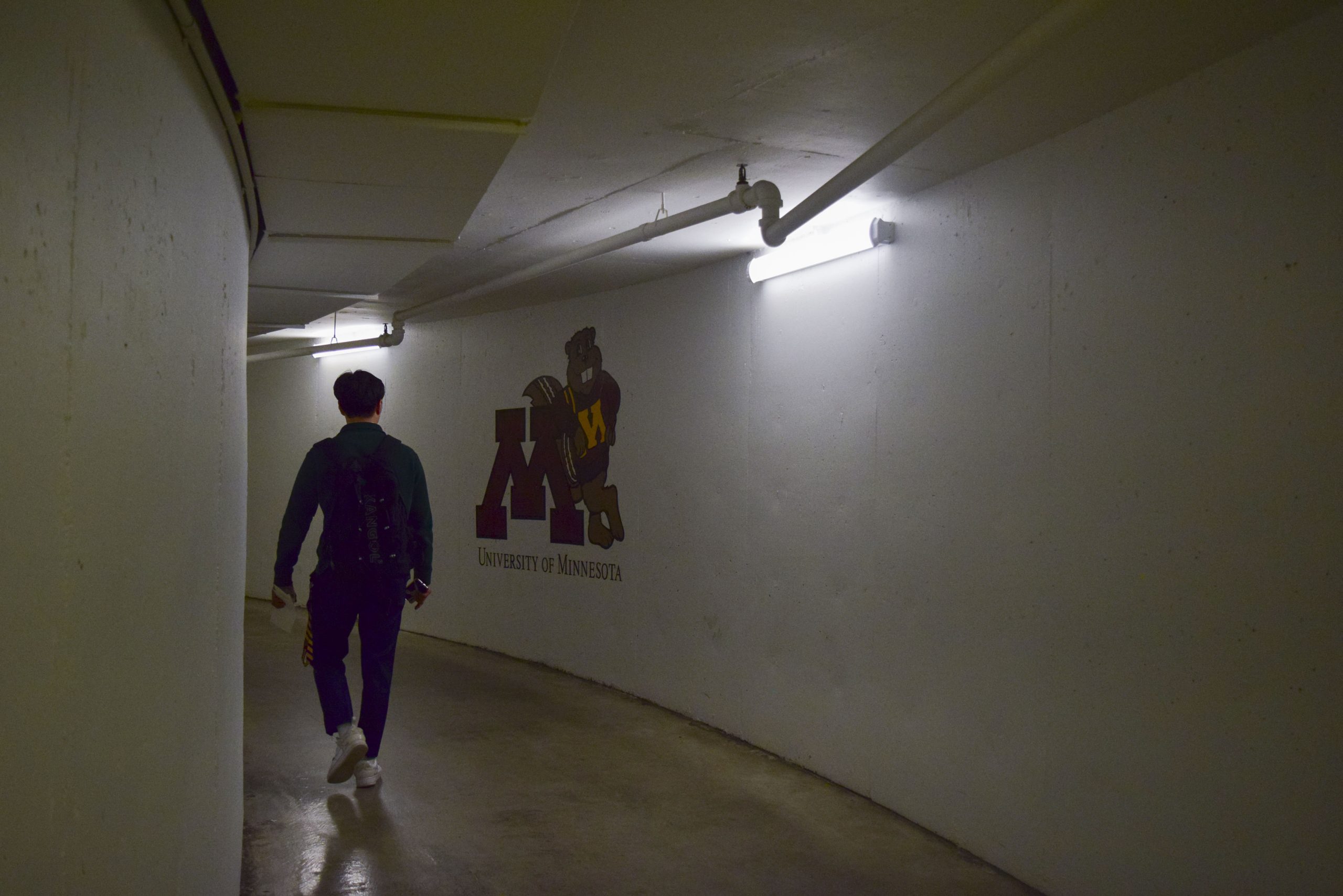


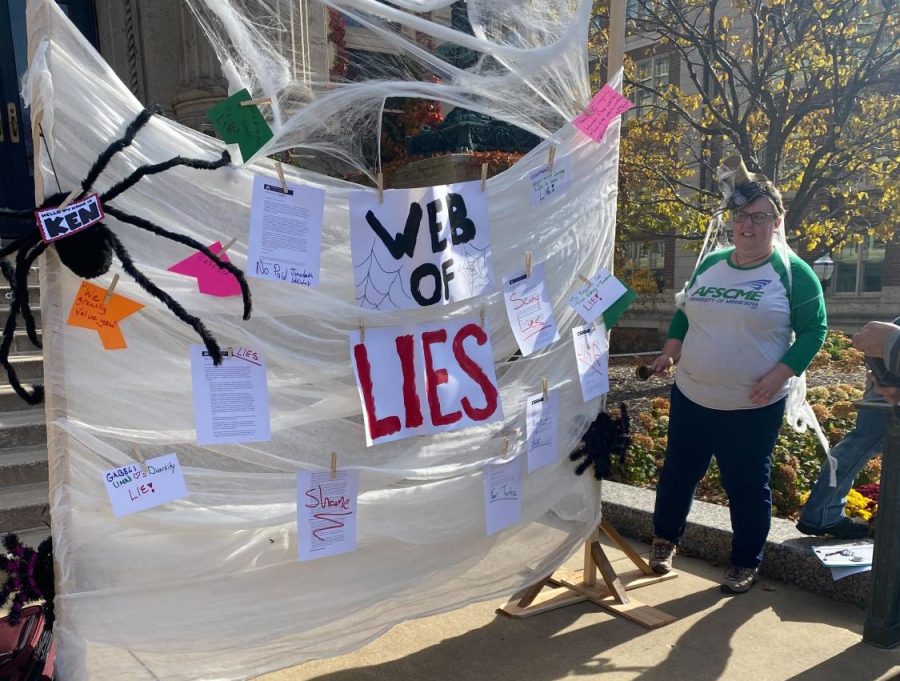


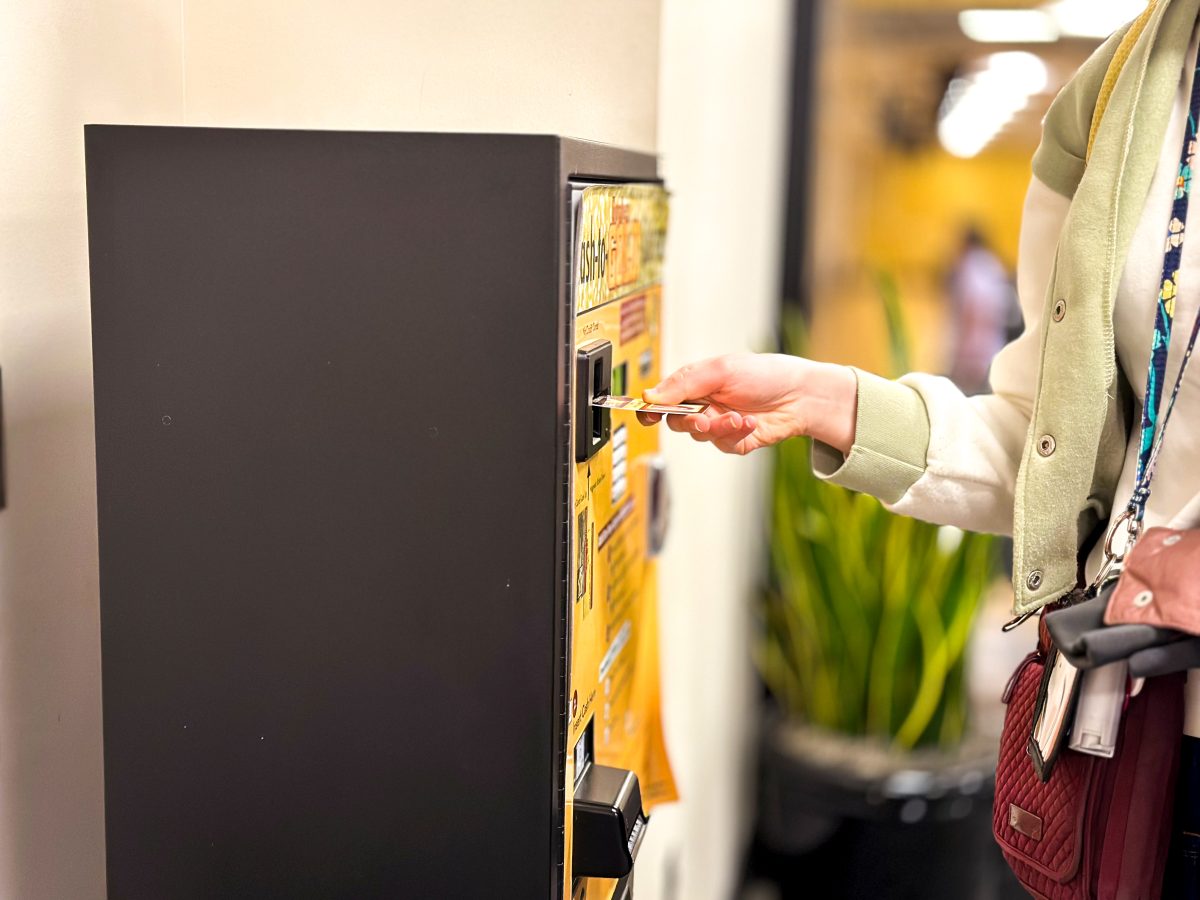

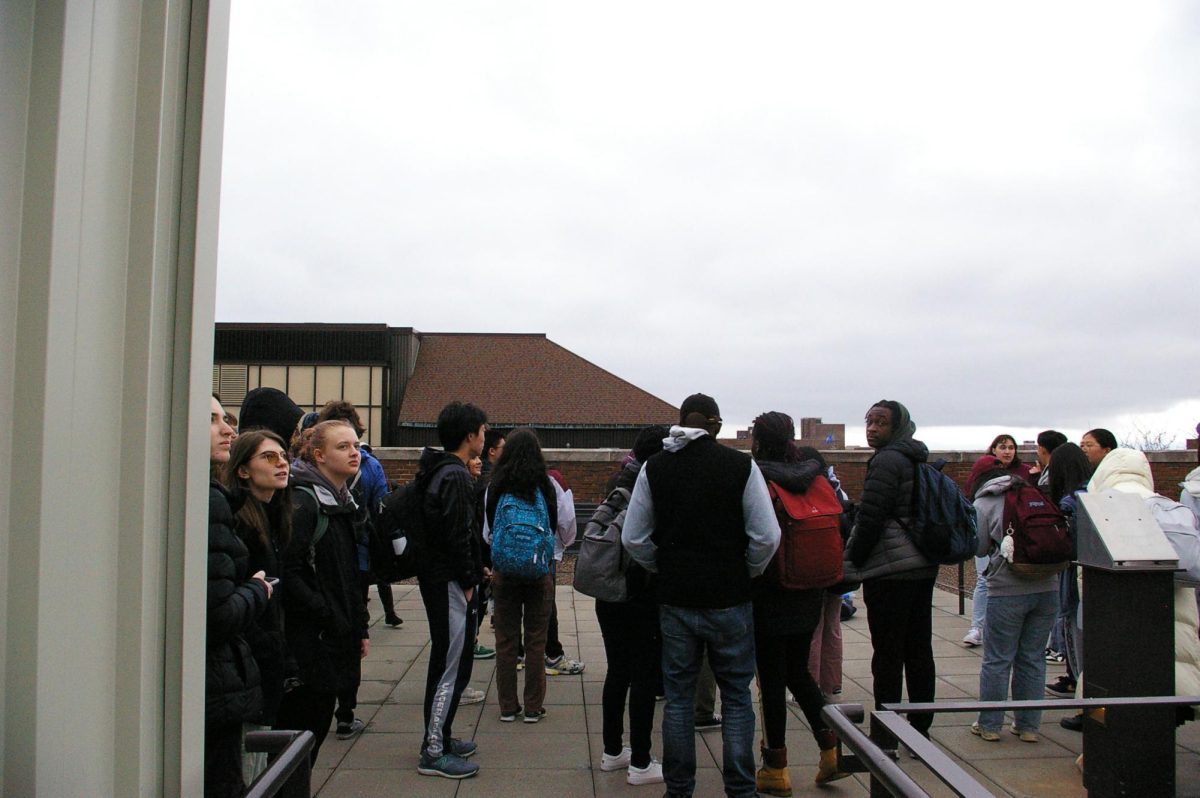
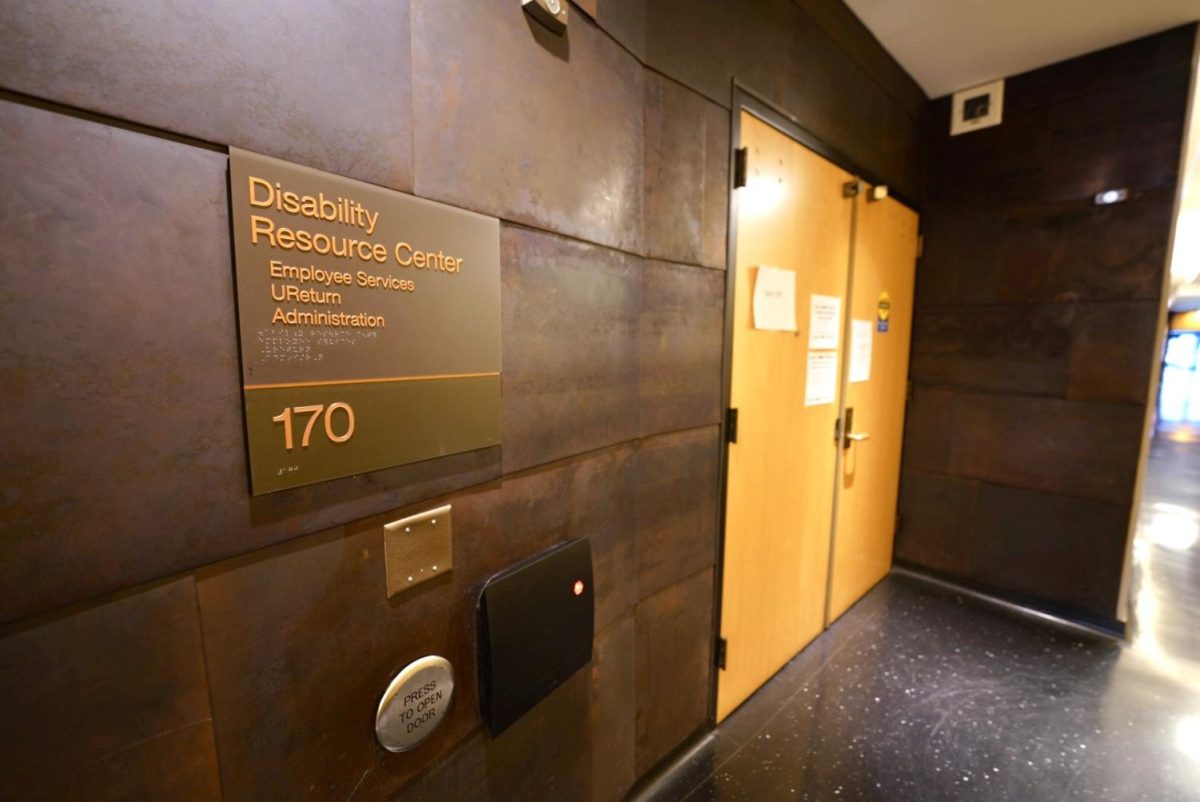






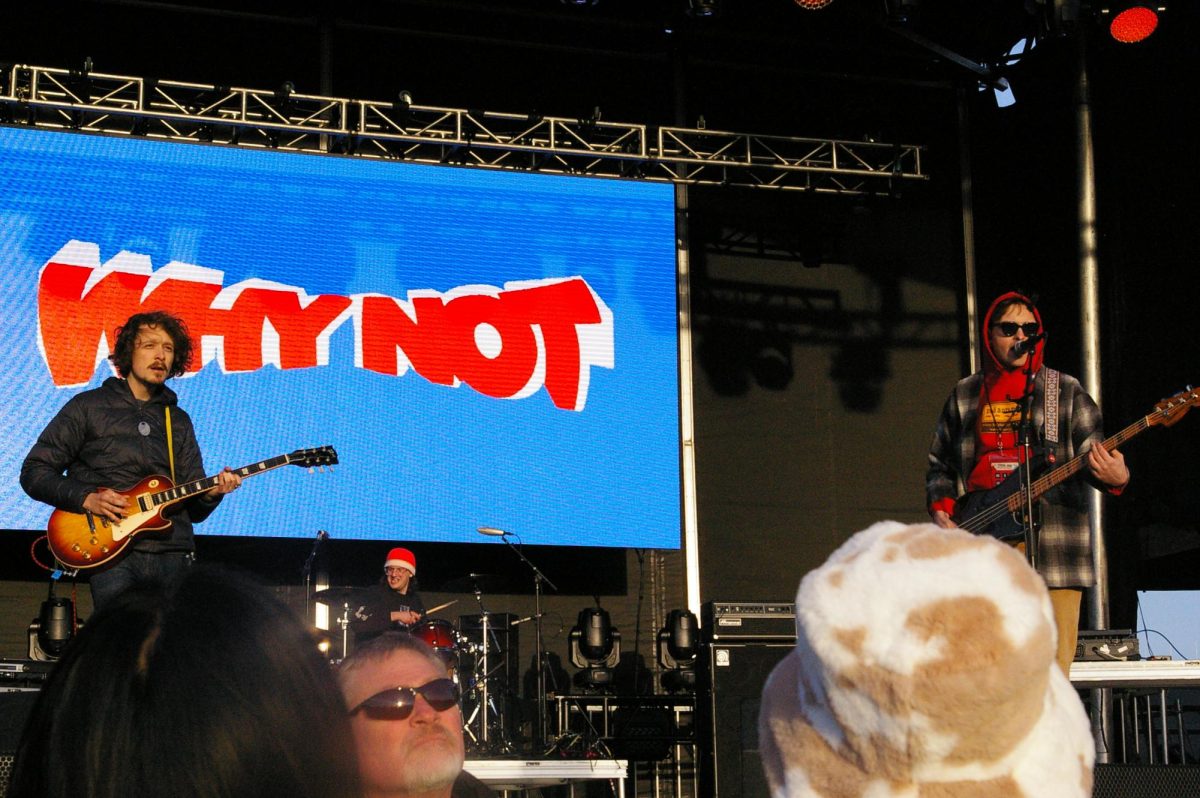
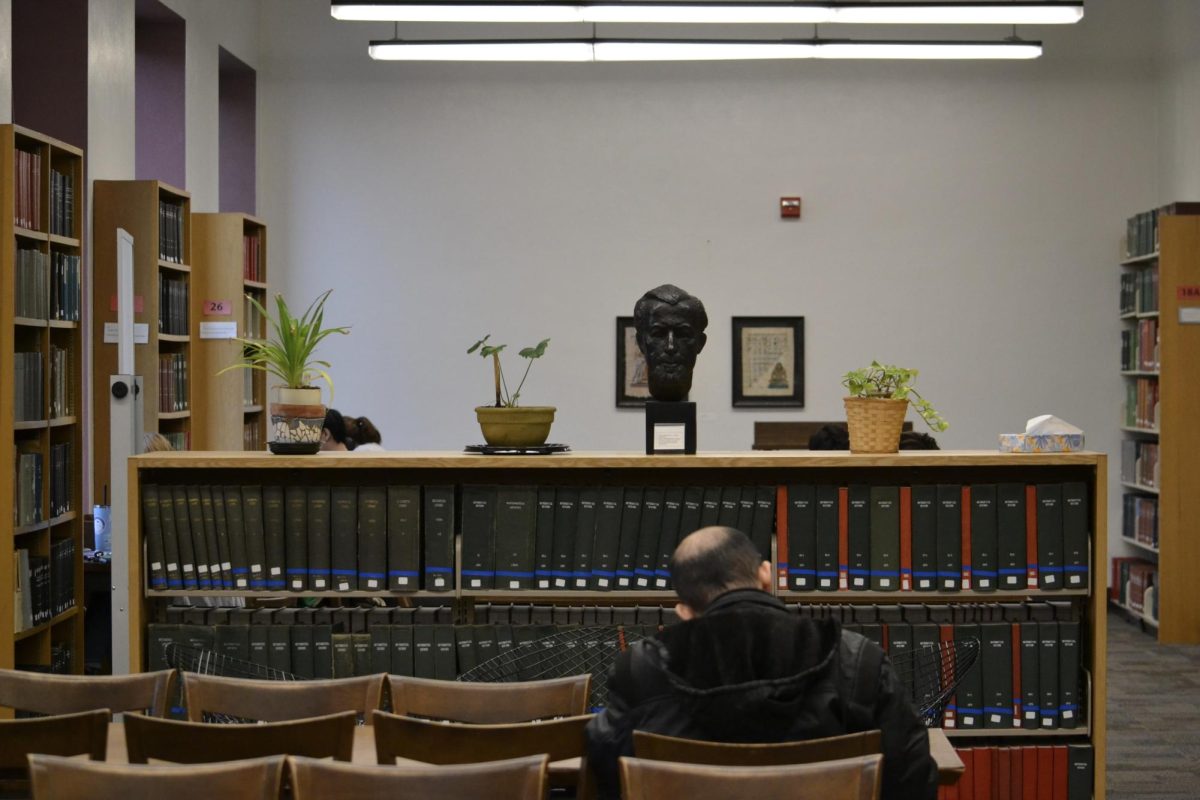
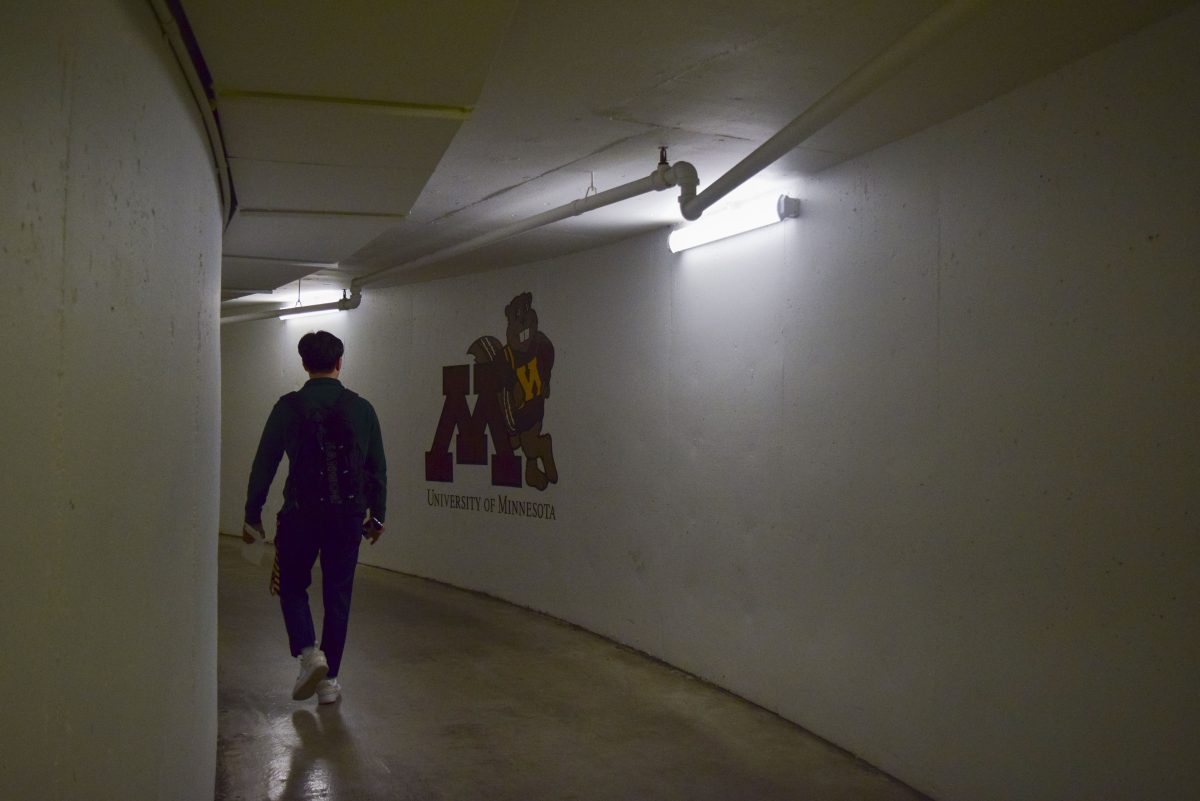
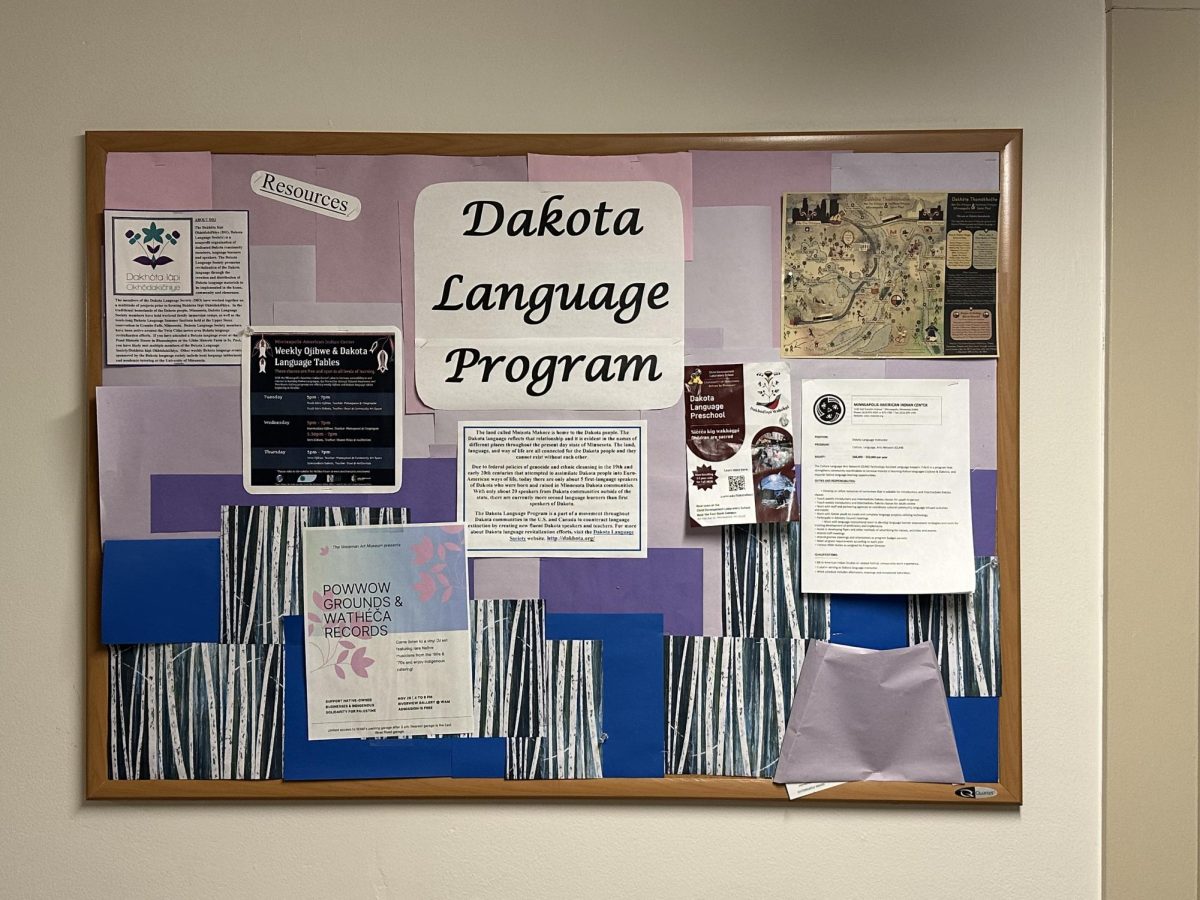
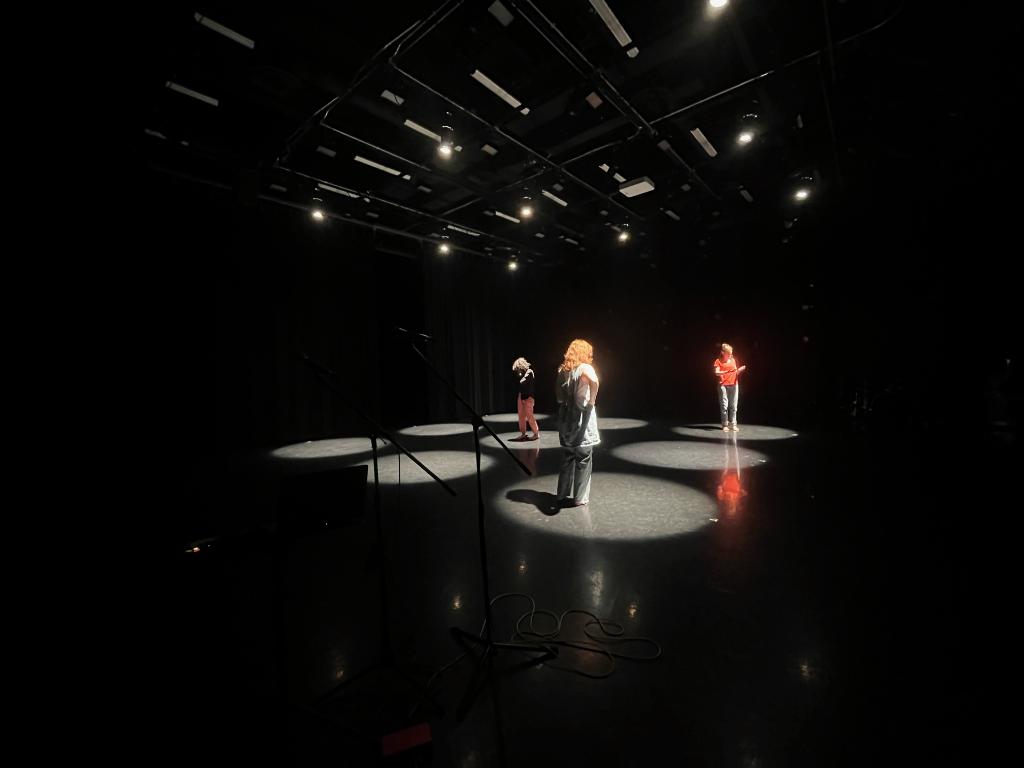
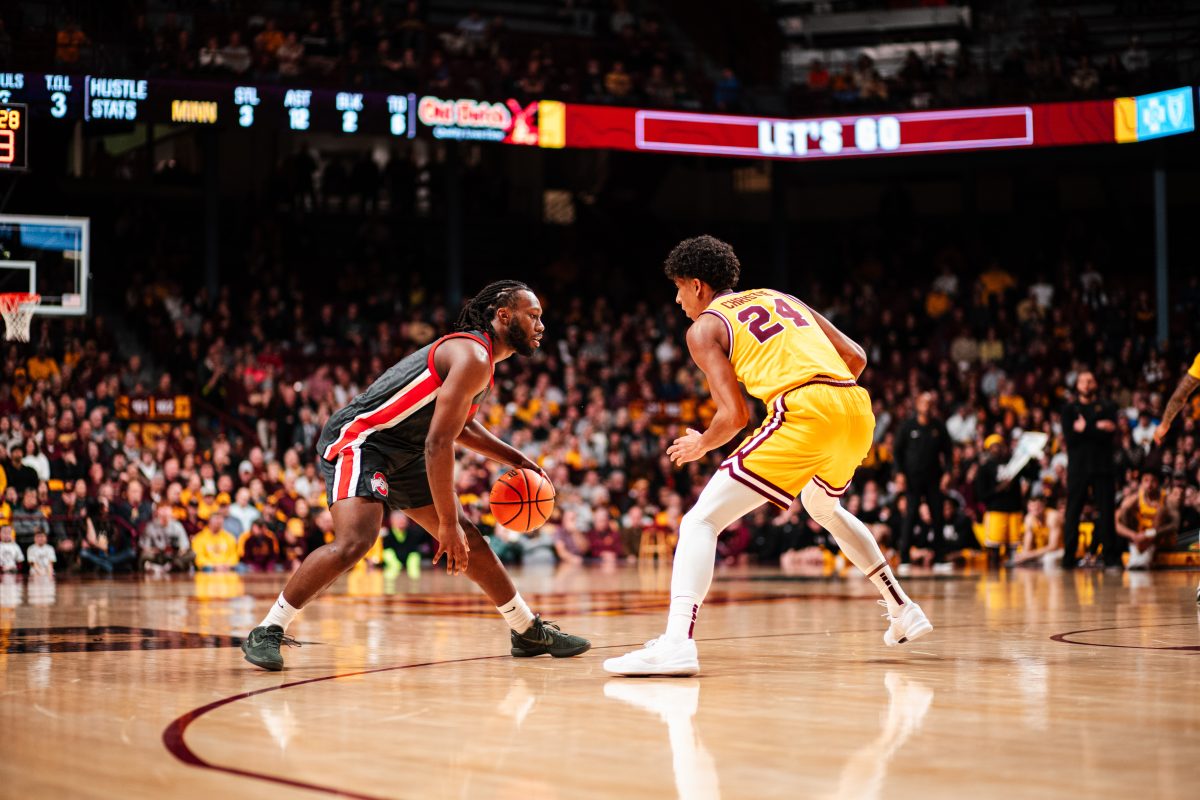

Mary P
Nov 12, 2022 at 8:58 am
How obtuse to attempt (and fail) to blame unions and politicians for admin refusing to show value and respect to the workers who make this place workable. Without our frontline staff, admin would have no jobs, instructors and students would not have clean, safe spaces to do our thing. In an ideal world, lostoncampus stays lost.
Rachel
Nov 9, 2022 at 10:02 pm
What failed democratic policies are you referring to? Trump’s administration failed to act swiftly to slow the pandemic from spreading. Then they denied it was even happening. As a result, we experienced outbreaks causing supply and demand problems that continue today. Democrats inherited the blunders from the Trump administration. But they made sure to enact tax breaks for middle class workers and parents like me. They released barrels of oil to lower our gas prices. I will vote each and every time for leaders who stand up for workers rights, so you’re right, I voted for Democrats. But blaming Democrats for inflation is misunderstanding how we got into this mess in the first place.
lostoncampus
Nov 8, 2022 at 2:46 pm
“With the current U.S. inflation rate around
8%, AFSCME workers said wage increases have failed to keep up, and they
increasingly struggle to afford living costs.”
IRONY
The Unions heavily support DEMOCRATS, then complain about high inflation, brought on by democratic policy failures. Their candidate brought the struggle and you paid for it. Good job; Now, got vote Democrat again today, so you can keep complaining about how bad things are- and then thanks yourself for voting for it.